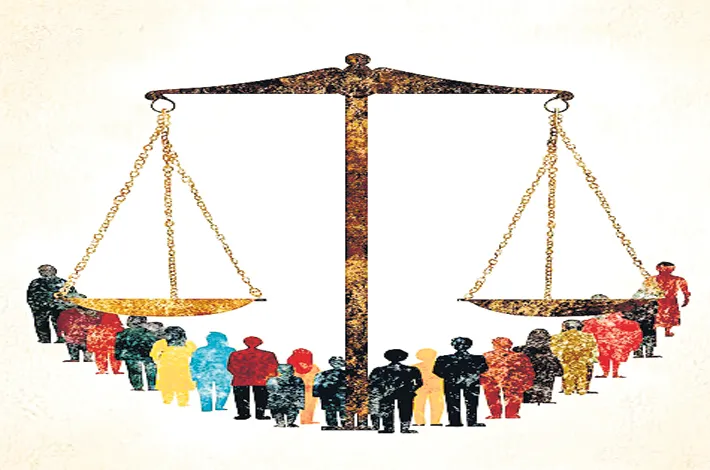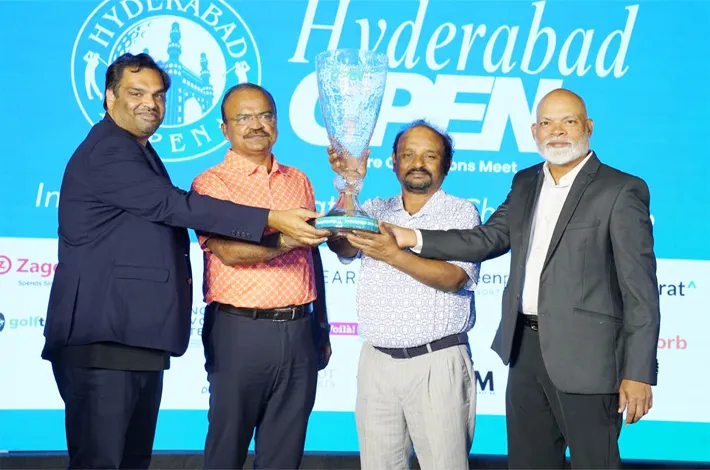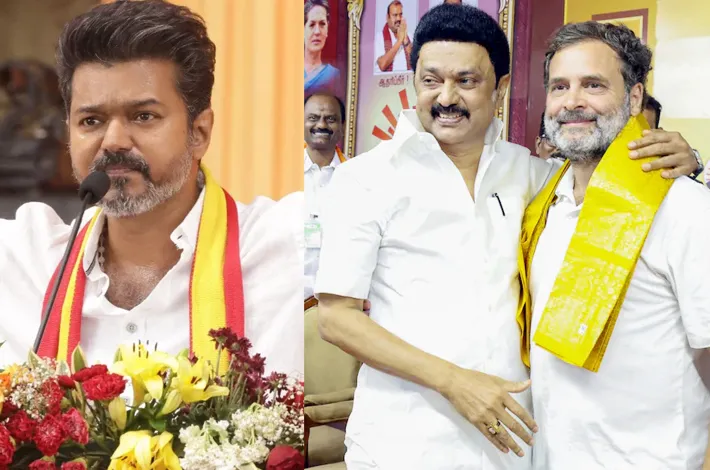Social balance missing in Telangana cabinet?
01-11-2025 12:00:00 AM

metro india news I hyderabad
Does the government genuinely support the backward classes, who make up 80% of the population? Does it aim to give them their rightful place in administration? A deeper look reveals that the attitude of the “people’s government” toward different sections claiming “population-based representation” is often dismissive. They seem to be denied adequate opportunities, especially in cabinet posts. Portfolios assigned to upper castes are crucial, while those given to BC, SC, and ST ministers appear mostly symbolic.
In a state cabinet of up to 18 members, there are currently 15 ministers, including the Chief Minister Revanth Reddy. Recently, Mohammed Azharuddin from the Muslim minority was inducted, raising the total to 16. Despite this, the Congress government, which claims to represent BCs, SCs, and STs, has allocated only eight ministerial posts to these communities—who constitute over 80% of society. This distribution has sparked dissatisfaction among weaker sections, who see these allocations as inadequate and unfair.
Most of the ministerial positions for upper castes, including the CM and key ministers like Uttam Kumar Reddy and Jupally Krishna Rao, are in charge of important portfolios such as General Administration,
Urban Development, Home, and Education. These crucial departments remain under OC control. Meanwhile, ministers from BC, SC, and ST communities are allocated roles seen as less critical, despite their significant population share. For instance, only three ministers from the BC community hold positions, and just one from the tribal community (Seethakka).
Discrimination also appears in departmental allocations. The key portfolios remain concentrated among OC ministers, especially the CM and ministers like Jupally Krishna Rao. The portfolios assigned to BC, SC, and ST ministers—such as Finance, Power, Animal Husbandry, and Dairy Development—are often seen as less prominent or controversial, with debates on whether departments with past allegations have been unfairly allocated.
There is a strong opinion that more important departments should be given to ministers like Vivek Venkataswamy, Laxman Kumar, Konda Surekha, and Vakiti Srihari—representatives of the majority communities who may be underserved. The government’s current approach appears tokenistic, with key portfolios remaining with the CM or OC ministers, which perpetuates a sense of underrepresentation among backward classes.
The Congress has promised 42% reservation for BCs, raising expectations that their representation in cabinet positions will reflect this. Analysts suggest that for the promise to resonate, at least 8 of the 18 ministerial seats should be allocated to BCs. Otherwise, dissatisfaction among these communities is likely to grow, further questioning the government’s commitment to social justice.
Ensuring these communities receive their due—through fair allocation of portfolios and opportunities—will demonstrate genuine support. Critical decisions, especially during cabinet reshuffles, will reveal whether the government truly intends to elevate weaker sections or merely offers symbolic gestures.








